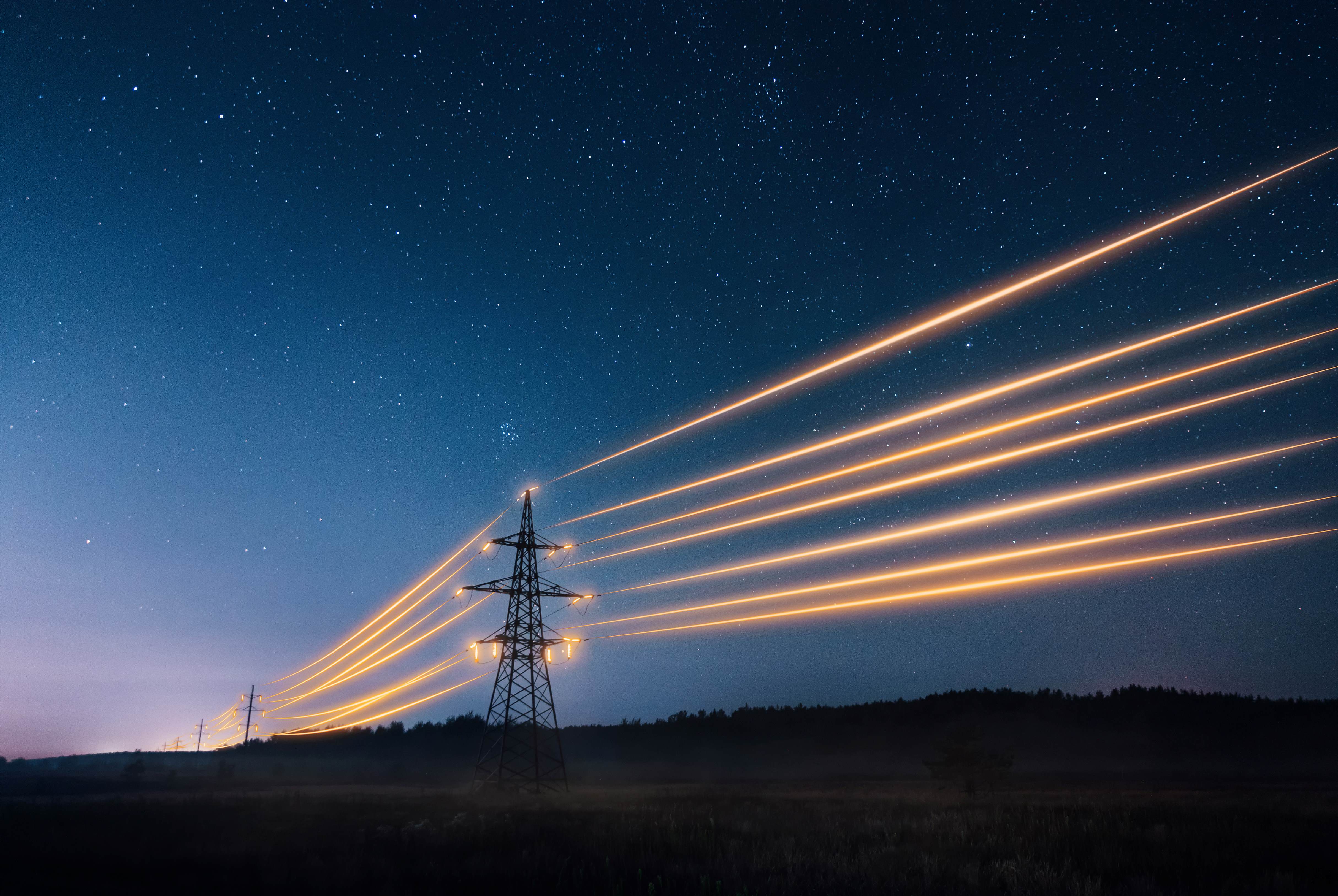Energy security involves ensuring a reliable and sustainable supply of energy, including electricity, natural gas, petroleum products, and other energy sources. This objective includes ensuring continuous access to energy resources, the functioning and development of infrastructure and production capacity necessary for their efficient use.
The energy infrastructure of the Republic of Moldova consists of a set of facilities and networks that enable the production, transportation, distribution, and consumption of electricity, natural gas, and petroleum products, as well as energy storage capabilities and interconnections with other countries. The infrastructure includes production facilities, pipelines and transportation networks, power plants, transformation stations, transmission lines, distribution pipelines, and other facilities required for efficient energy delivery. These facilities need to operate and be upgraded in accordance with best practices and safety standards.
The development of a competitive market for energy supply makes a significant contribution to improving energy security. Energy efficiency, on the other hand, involves the more efficient use of energy to reduce consumption and minimize costs, which can help reduce dependence on external energy sources and improve long-term energy security.
The Ministry of Energy seeks to mitigate any risks related to the supply of energy resources by adopting systematic measures to diversify sources and supply routes of natural gas and ensuring the necessary level of investment in the technical development of energy networks.
To ensure the energy security of the Republic of Moldova, the Ministry of Energy aims to implement a series of measures, including:
- Diversifying energy sources to reduce dependence on a single source, such as oil or natural gas.
- Increasing energy independence by developing domestic production resources, such as cogeneration, renewable energy, and improving energy efficiency.
- Improving energy infrastructure, including energy transportation and distribution networks, to ensure better and safer access to energy.
- Increasing the capacity of electricity, natural gas, and petroleum product storage to prevent supply disruptions.
- Establishing international partnerships to reduce dependence on energy, natural gas, or petroleum product suppliers from a single region or country.
- Enhancing the cybersecurity of energy infrastructure to prevent cyber attacks.
- This agenda is developed through wide consensus among policymakers, industry experts, investors, and civil society.
